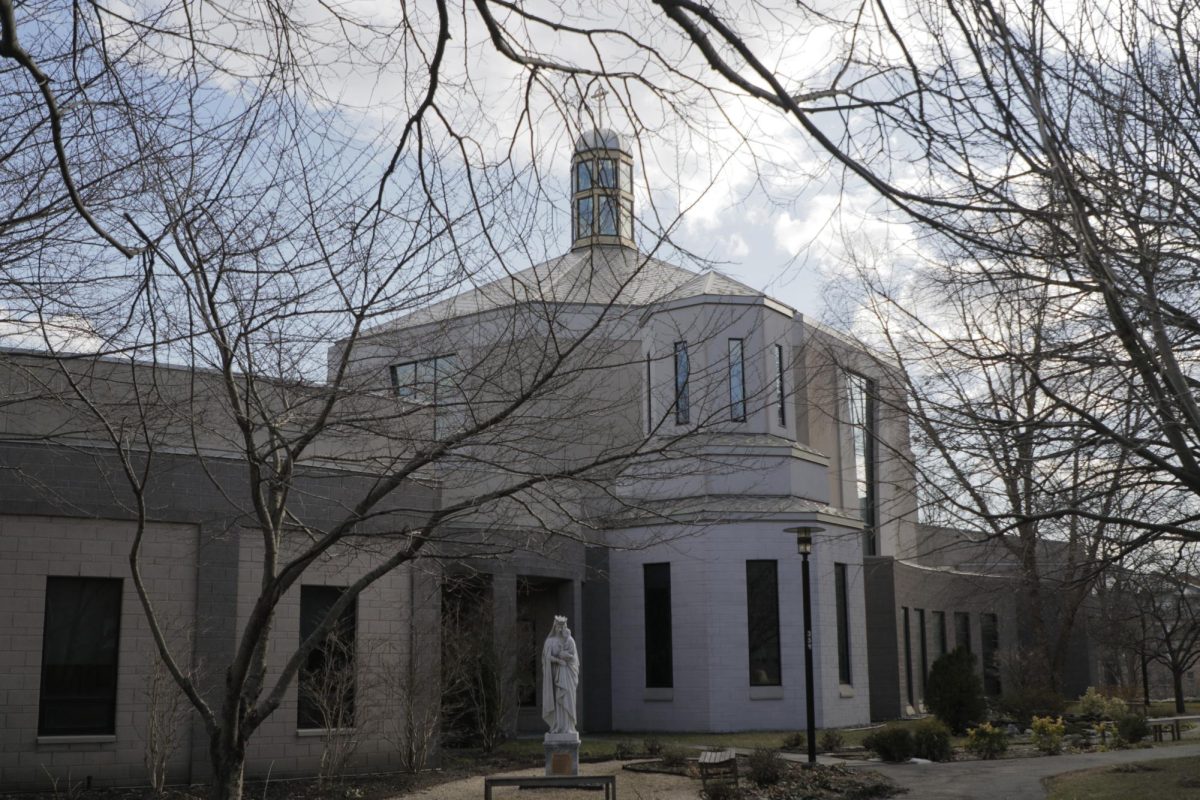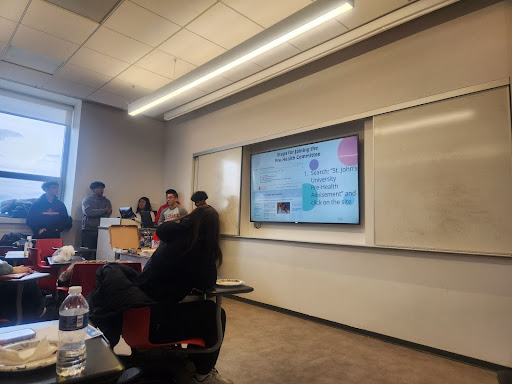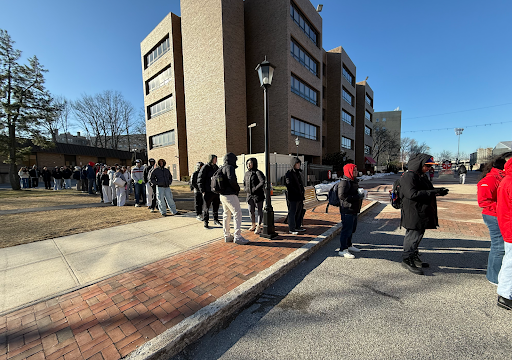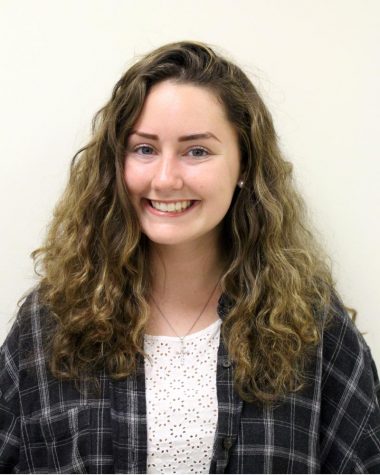Despite sparking outrage among some students, the new meal plan requirement for townhouse residents is the best possible outcome of the University’s contract negotiations with Chartwells, according to Student Government Inc. Representatives from the group met with members of the administration recently to discuss the process that led to the controversial meal plan change. They also discussed how the two groups can work together on similar changes moving forward.
SGI Secretary and President-elect Frank Obermeyer said he, along with other SGI representatives, including Research and Development Chair Alex Cheung and Student Services Chair Christian Mercado, attended the meeting. Administrators who met with SGI include Eric Finkelstein, director of Residence Life, Scott Lemperle, executive director of Conference and Auxiliary Services, and Jackie Lochrie, acting dean of students, Obermeyer said. Students reached out to SGI with questions following the university’s email detailing the policy change, which mandates students who live in the Townhouses purchase a meal plan beginning next fall. Previously there was no such requirement.
“People usually either email us, or they’ll come in, thinking that we have the answers, but unfortunately, that time we didn’t,” Obermeyer said. “So we decided to reach out to Dining Services to see if we could figure out a little bit more about how the decision was made, and try and ease the minds of some of these students that were reaching out to us.”
The University’s surprise decision to mandate meal plans sparked an outcry of dissatisfaction among students who live on campus, and SGI confirmed at the time that it hadn’t been consulted by administrators prior to the announcement.
SGI hasn’t directly worked with some of the administrators who were present, Obermeyer said. Cheung and Mercado have worked with Dining Services before, he added, but those meetings were focused more on the meals themselves, and less on policy. Obermeyer said the most recent meeting was a chance for them to get to know one another and discuss policy.
“We talked about how [SGI] can be better utilized in the future,” he said. “Like what structures we have in place both with our Research and Development committee and our representatives.”
SGI sent out an online survey in the weeks following the initial announcement on the policy change, which garnered 85 responses in two days, according to Obermeyer. Some of the questions included in the survey were:
Are you aware of the new meal plan requirement for the townhouses?
How did you hear about the new meal plan requirement?
Has the new meal plan requirement changed your desire to live in the townhouses?
Obermeyer said SGI presented the survey results to the administrators during the meeting to show that they have the structures in place to help with gauging student reaction. During the meeting, Obermeyer said the group discussed how SGI can be involved in future conversations in decision-making processes, as well as the dissemination of information.
“We told them what our ideal situation would be,” he said, “which is us to be more involved in both the decision-making process and the dissemination process so that we don’t end up not having the answers that these students so desperately want, and they turn to us for.”
Requests for comment about the meeting from the University were not returned.
Obermeyer said that SGI came away from the meeting convinced that the University went into the Chartwells contract renegotiation with students’ best interests in mind.
“We’re convinced that they acted in our best interest and we look forward to, in the future, being a more involved part of that process,” Obermeyer said. “And I think they’re very receptive of our ideas and our expectations for the future, so we’re really excited.”
At a recent floor meeting, Obermeyer updated SGI members on the meeting.
“In the future, we’d love for them to reach out to us, maybe just a little bit before they send out a report,” he said, “so that if something this big goes out, and we’re asked questions, we can at least give some sort of answer as to how it happened.”
Editor’s note: The print version of this story cuts off the final quote from Obermeyer: “In the future, we’d love for them to reach out to us, maybe just a little bit before they send out a report,” he said, “so that if something this big goes out, and we’re asked questions, we can at least give some sort of answer as to how it happened.”
The online version has been edited to include the full quote.










